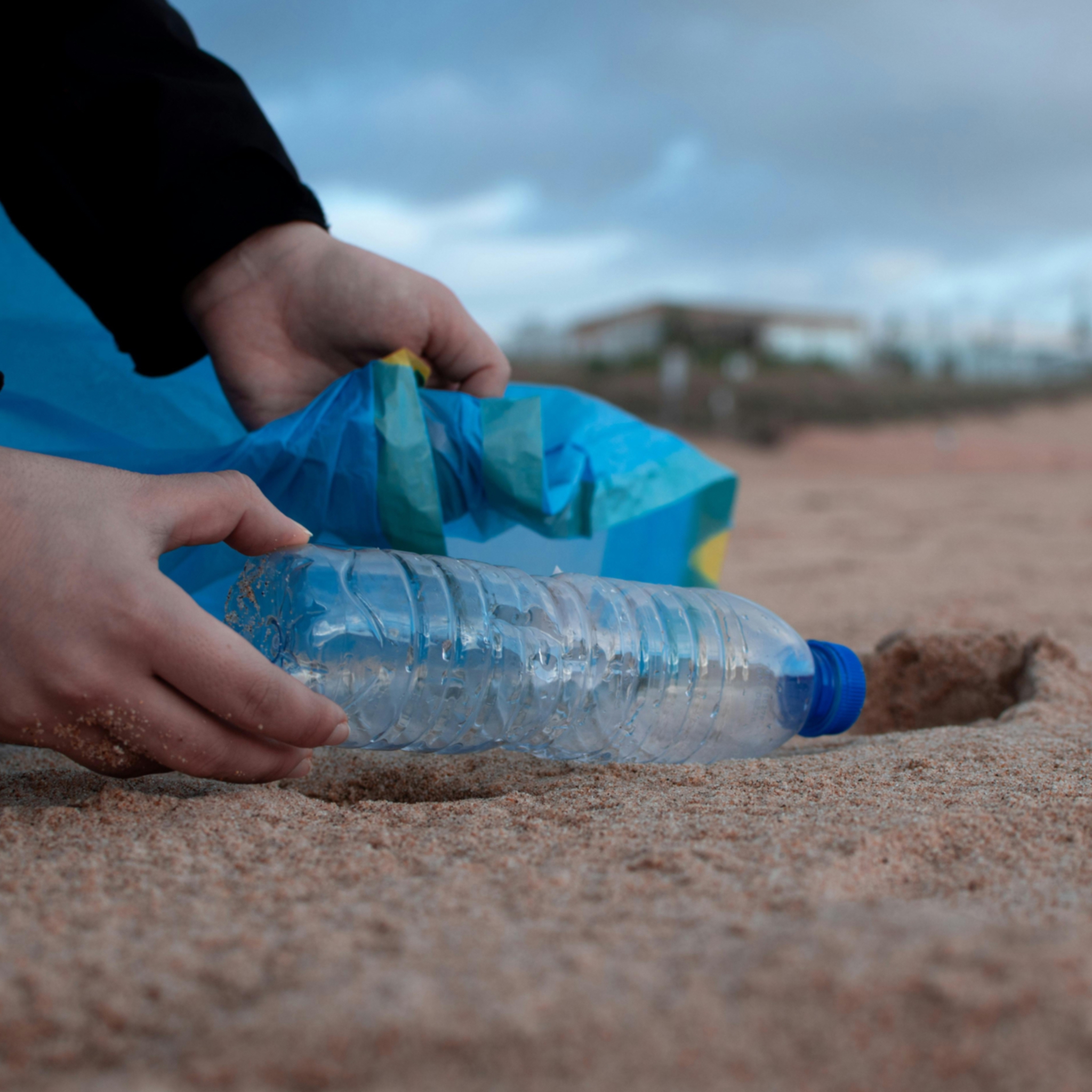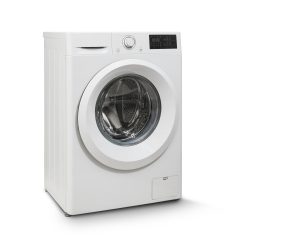1.What is the Single-Use Plastics Law?
Germany’s Single-Use Plastics Law (EinwegkunststoffG) is a regulation designed to reduce the environmental impact of single-use plastic products. The law requires manufacturers and importers of single-use plastics to take responsibility for waste management and contribute to a fund that supports the recycling and disposal of plastic waste. It is part of the EU’s broader “Plastic Strategy,” which aims to reduce the consumption of single-use plastics and encourage producers to take responsibility for the entire lifecycle of their products. The law came into effect on May 15, 2023, and by 2025, all companies without a registered office in Germany must appoint an authorized representative to comply with these obligations.
2.Who must comply with this law?
Any manufacturer, importer, or distributor selling single-use plastic products in the German market must comply with the law. This applies not only to those directly selling single-use plastic items to consumers but also to foreign companies providing these products via e-commerce platforms in Germany. Regardless of the company’s size, any business that sells products fitting the definition of single-use plastics in Germany is required to follow the law.
3.Which products are affected?
The Single-Use Plastics Law covers a wide range of products, including plastic cutlery (knives, forks, spoons), plates, straws, stirrers, balloon sticks, food containers, drink cups, plastic bags, and more. It also includes plastic packaging materials and beverage bottles. In general, any single-use plastic product that cannot be reused is subject to the law in order to reduce its long-term environmental impact.
4.When do companies need to register?
Companies affected by the law must complete their registration by the end of 2024 through the DIVID platform developed by the German Federal Environment Agency (UBA). Starting in 2025, companies must also submit an initial report on the total amount of single-use plastic products placed on the market in 2024. This data will be used to calculate the environmental fee, which supports municipalities in dealing with single-use plastic waste (e.g., littering).
5.What happens if a company fails to register?
Companies that fail to register properly or do not pay the required environmental fee will face severe legal consequences. German environmental authorities will impose fines and may prohibit the sale of single-use plastic products in the German market. Compliance is crucial for continuing business operations in Germany. Companies must ensure they meet all registration, reporting, and payment deadlines.
6.Special compliance requirements for foreign companies
For companies without a registered office in Germany, the Single-Use Plastics Law requires the appointment of an authorized representative before starting business operations. Compliance with German regulations can be complex, and for foreign companies, it may be time-consuming and bureaucratic. Companies without a local representative face additional legal and administrative burdens. Therefore, designating an authorized representative is an essential step to ensure compliance with the law.
ECOPV-EU GmbH’s Services
As an authorized representative in Germany, ECOPV-EU provides comprehensive services related to the Single-Use Plastics Law (EWKFondsG):
- Consultation: We offer compliance advice regarding the EWKFondsG.
- Process Support: We assist you with registration, quantity reporting, fee payments, and all related processes.
The Single-Use Plastics Law (EWKFondsG) imposes various obligations on foreign manufacturers exporting to Germany. Our full-service offering provides an effective way to meet these challenges and ensure legal compliance. Contact us to learn more about how we can help you meet the EWKFondsG requirements and maintain your market position in Germany.





